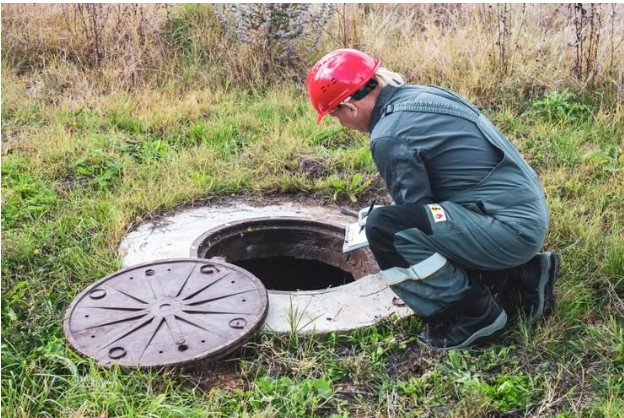For homes not connected to a municipal sewer system, a septic tank is the unsung hero, silently processing household wastewater and protecting both your property and the environment.
While out of sight, this crucial component requires diligent care to function effectively and prevent costly, unpleasant failures.
Neglecting your septic system can lead to messy backups, foul odors, and expensive repairs. By adopting a proactive approach to septic tank maintenance, homeowners can ensure its longevity, efficiency, and the overall health of their property.
Schedule Regular Pumping
The most critical aspect of septic tank maintenance is regular pumping. Over time, solids accumulate at the bottom of the tank, forming a sludge layer that, if left unmanaged, can overflow into the drain field, causing severe blockages and system failure.
The frequency of pumping depends on tank size, household occupancy, and water usage, but typically ranges from every 3 to 5 years. Consult a professional to determine an appropriate schedule for your specific system.
Be Mindful of What Goes Down the Drain
Your septic tank is a biological treatment system, and its delicate balance can be easily disrupted by harmful substances. Avoid flushing anything other than human waste and toilet paper.
This means no wet wipes (even “flushable” ones), feminine hygiene products, paper towels, dental floss, or cigarette butts.
Furthermore, limit the disposal of grease, oils, food scraps, harsh chemicals, paints, solvents, and excessive amounts of antibacterial products down your drains, as these can kill beneficial bacteria crucial for waste breakdown.
Conserve Water Usage
Every gallon of water you use ends up in your septic tank. Reducing your overall water consumption lessens the load on your system, allowing the solids more time to settle and promoting more effective treatment.
Install low-flow toilets and showerheads, fix leaky faucets, run dishwashers and washing machines only when full, and take shorter showers. Water conservation is not only good for the environment but directly extends the life and efficiency of your septic system.
Protect Your Drain Field
The drain field (or leach field) is where treated wastewater percolates into the soil. It’s vital to protect this area from damage and compaction. Avoid parking vehicles, building structures, or planting trees and shrubs with invasive root systems over your drain field.
Roots can grow into the pipes and cause blockages, while heavy loads can compact the soil, hindering the vital absorption process. Ensure good surface drainage away from the drain field to prevent oversaturation.
Use Septic-Safe Products
When choosing household cleaning products, opt for those labeled “septic-safe” or “biodegradable.” Harsh chemicals found in some strong detergents, drain cleaners, and bleaches can kill the beneficial bacteria that break down waste in your septic tank, leading to an imbalance and inefficient processing.
Using gentler, enzyme-based cleaners helps maintain the necessary bacterial population for your system to function optimally.
Partner with a Professional for Septic Tank Care
While homeowner vigilance is important, professional expertise is indispensable for comprehensive septic tank care. Schedule regular inspections with a qualified septic professional.
They can identify potential issues before they become emergencies, assess the health of your system, recommend proper pumping intervals, and address any problems with baffles, filters, or the drain field. Their specialized knowledge ensures your septic system operates smoothly and efficiently for decades.

